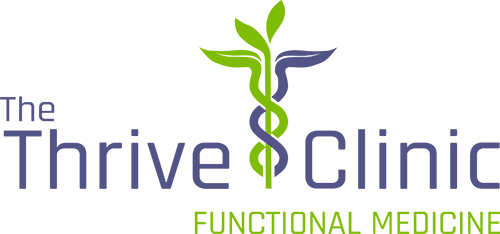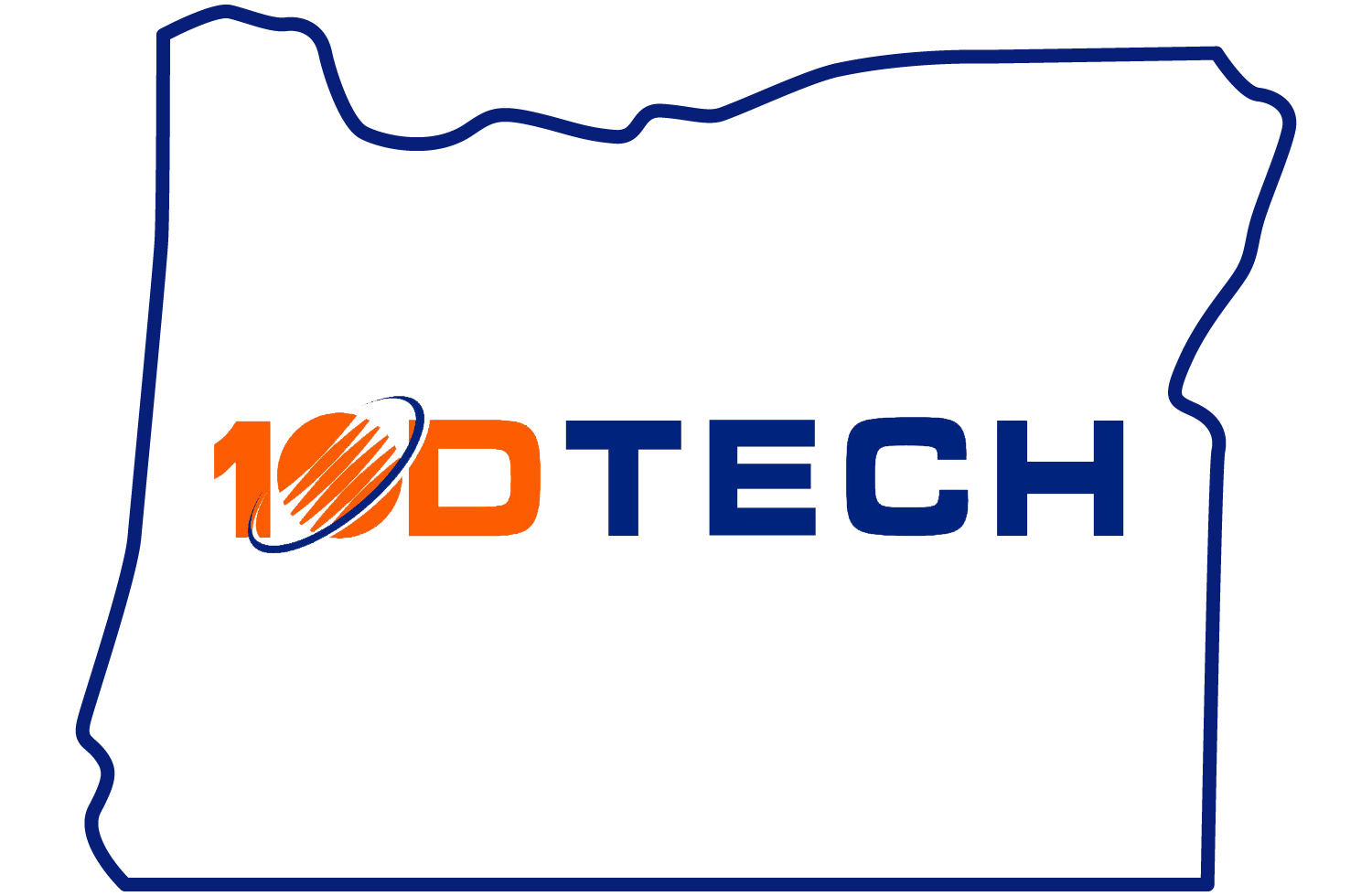
January 28 is Data Privacy Day, a good reminder that customer and employee data need daily care. For Oregon leaders in Portland, Salem, Eugene, Bend, Corvallis, and Albany, privacy is about cash flow, reputation, and trust.
Breaches keep climbing in frequency and cost, and smaller teams are often targeted. The upside is clear steps can shrink risk fast and keep your operations on track.
Why data privacy matters for Oregon businesses
“We are too small to be a target” is a costly myth. Criminals automate attacks and go after the easiest win, which is often a busy local firm with thin IT coverage.
The impact hits three areas first: direct financial loss, hard-to-rebuild reputation, and downtime that delays sales or care delivery. Strong privacy practices protect each of these.
What data are cybercriminals after
If it is valuable to you, it is valuable to them. Attackers look for information they can sell or use for fraud and extortion.
- Customer information: Payment details, account logins, addresses, and support history.
- Employee records: Social Security numbers, health information, payroll data, and W-2s.
- Business financials and IP: Bank details, invoices, designs, and contracts.
How data gets stolen
Tactics evolve, but the entry points stay familiar. Closing the basics blocks most attempts before they spread.
- Phishing: Deceptive emails or texts trick staff into sharing credentials or running malware.
- Ransomware: Data is stolen and systems are encrypted, then criminals demand payment.
- Weak passwords: Reused or simple passwords make credential stuffing easy.
- Unsecured networks and devices: Old Wi-Fi, remote access gaps, and unmanaged laptops.
How to strengthen your data privacy
These practical moves fit small and midsize budgets and satisfy most insurer and auditor checklists. Start with the biggest risks and add layers from there.
Know your data
Inventory what you collect, where it lives, who touches it, and how long you keep it. Prioritize customer, employee, and financial data to set guardrails and retention rules.
If you want a guided approach, schedule an IT assessment and strategy consulting project to map systems, access, and gaps.
Encrypt everything
Use encryption for data at rest in databases and file stores, and for data in transit via TLS for apps, VPNs, and email. Encrypting laptops and backups protects you when a device is lost or stolen.
Pair encryption with policy, monitoring, and updates through managed cybersecurity for consistent coverage.
Implement strong access controls
Apply least privilege so people see only what they need. Require phishing-resistant MFA for email, VPN, and admin panels, and review admin rights monthly.
For day-to-day help setting up MFA and permissions, lean on IT help desk and remote support to keep changes clean and documented.
Train your team
Short, frequent training beats annual slide decks. Teach staff to spot fake login pages, verify unexpected requests, and report problems immediately.
Run quick phishing simulations and share results to improve awareness without blame. Your help desk can fold tips into onboarding and refreshers.
Prepare for incidents
Create a simple incident response plan with roles, contacts, legal steps, and a call tree. Test it with tabletop exercises twice a year.
Protect recovery with immutable, off-site copies through data backup and disaster recovery, and keep emergency IT support and incident response on speed dial.
Partner with a trusted Oregon IT provider
Privacy can feel heavy for lean teams, but you do not have to carry it alone. A proactive partner watches alerts, tunes policies, and aligns controls with HIPAA, PCI, or contract requirements.
10D Tech supports Oregon SMBs with layered security, clear documentation, and predictable costs, from managed cybersecurity to cloud solutions and migrations.
Do not leave data privacy to chance
Use Data Privacy Day as a checkpoint to tighten controls and verify backups. A few focused updates now can prevent a costly outage later.
Start with a FREE Network Assessment. We will uncover vulnerabilities, identify quick wins, and build a plan that fits your budget and insurer requirements.
Schedule your assessment: Request a free network assessment. Albany/Corvallis/Eugene: (541) 243-4103. Portland/Salem: (971) 915-9103.
FAQs
What is Data Privacy Day and why should Oregon SMBs care?
It is a January 28 awareness day that highlights protecting personal and business data. Use it to check controls and update policies.
What are the first steps in data breach prevention?
Inventory sensitive data, enable MFA, patch systems, and encrypt laptops and backups. Consider managed cybersecurity for 24/7 coverage.
How often should staff get security awareness training?
Brief monthly tips plus quarterly phishing tests work well. Your IT help desk can fold training into onboarding.
What belongs in an incident response plan?
Roles, contact lists, legal steps, vendor numbers, and restore procedures. Back it with data backup and disaster recovery.
Does encryption protect everything by itself?
No. It reduces impact if data is stolen, but you still need access controls, monitoring, and updates to stop attacks.








